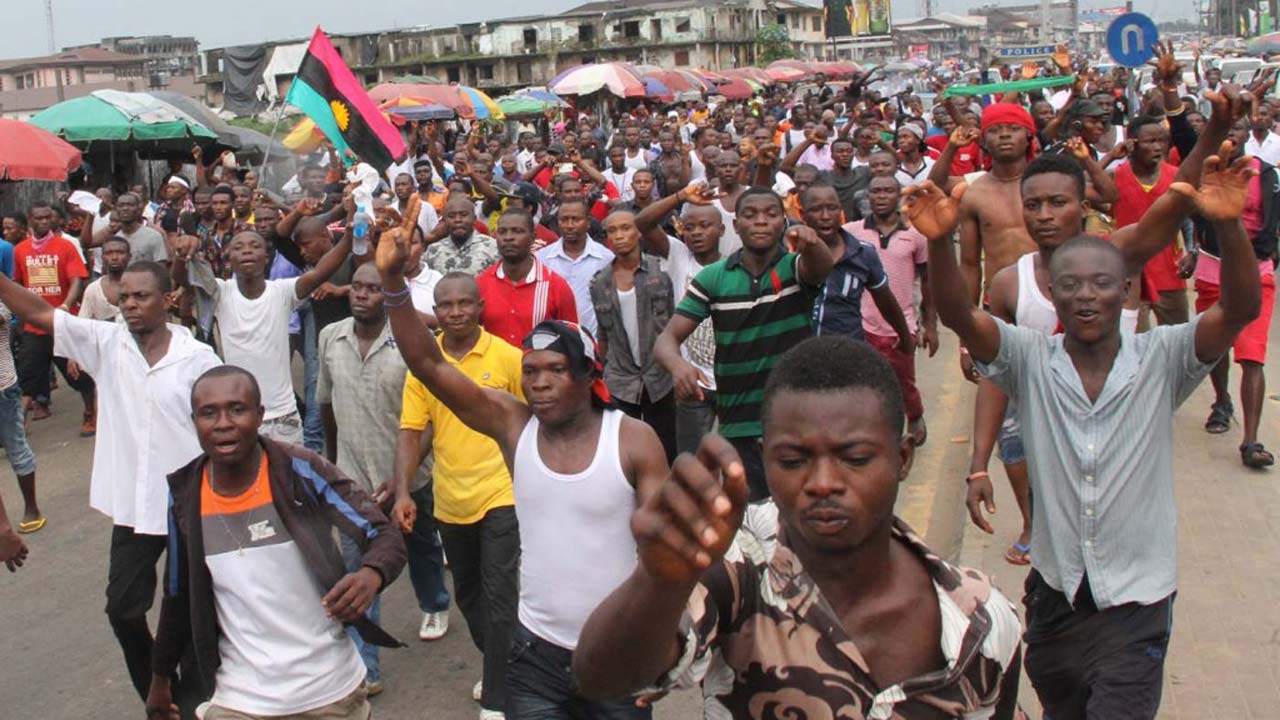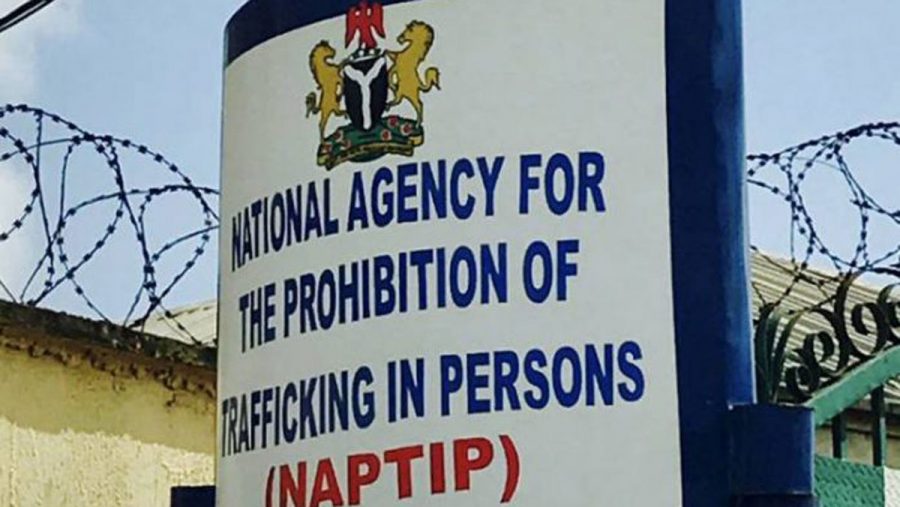States in the southeast might experience a shutdown today, following a sit-at-home order by pro-Biafra agitators.
The action is intended to honour persons killed in pursuit of the secessionists’ goal.
Posters have already saturated major road junctions and streets, bidding people to comply with the directive.
Many business owners have indicated they would observe the day. Text messages sent to their customers noted they would not open “today due to the Biafra celebration.”
Markets, yesterday, witnessed a large turnout of people and increased business activities following the announcement: “There will be no movements, no markets (opening) from the evening of May 29 to the evening of May 30 in the southeast zone.”
The police, however, have urged residents to go about their lawful duties, saying life and property would be protected. Security has also been beefed up to avert a breakdown of order.
The Indigenous People of Biafra (IPOB) praised what it described as remarkable public interest in the symbolism of the commemoration, especially the restraining order.
A statement by IPOB’s deputy leader, Mazi Uche Mefor, reads in part: “It is about remembering and honouring those who fought valiantly against the 1966-1970 genocide and those who could not make their way safely to the east, as they succumbed to the sheer numbers and bloodlust of their supposed northern compatriots, who sought their gruesome death for nothing but jealousy and the speaking of a different tongue.
“It is also about saluting the supreme sacrifice of all Biafrans, who have formed the only bulwark against the renewed vigour of hatred of Biafrans that has reemerged since May 30, 2015. Many have died resisting, many have been maimed and many have been traumatised. But for all of us who continue to survive, the only thing that makes us human, gives us honour and succour is to sit at home and remember.”
The statement adds: “But May 30 does not just remind us of the sacrifice of the soldiers, sailors and airmen of the great Biafran resistance of 1967-1970, but also of those who followed them in later conflicts; those who, in this era, stepped out to the streets of Igweocha, Onitsha, Aba, etc., to protest the resurgence of evil, those who were murdered at the vigil in Aba, those who were mowed down at Nkpor, and those who, more recently, lost their precious young lives at various locations in Biafraland, including at Afara-Ukwu, Umuahia. We wish Ebonyi State Governor David Umahi and the Fulani masters of the Arewa Consultative Forum will appreciate this point.”
But in his Democracy Day speech, yesterday, Umahi condemned the sit-at-home order.
He warned that traders in the state who fail to open their shops today would “forever” forfeit the same to government.
“Anybody that flouts this order will be decisively dealt with. I ask Ebonyi people to go about their businesses freely and peacefully,” Umahi said.
At the Oruta Ngele Stadium in Abakaliki, the state capital, the governor explained: “Let me say that when we, the southeast governors, say that we don’t want the activities of IPOB, it does not mean that we are very happy with the marginalisation of the region in the affairs of our nation.
“But we are saying the way IPOB is going about to address the matter is not right. The right way is what Ohanaeze Ndigbo did. We call on the government to address the issue of marginalisation. We believe in one Nigeria founded in equity.”
Apex Igbo socio-cultural group, Ohanaeze Ndigbo, held a conference recently where it discussed the need for restructuring the country.







2 Comments